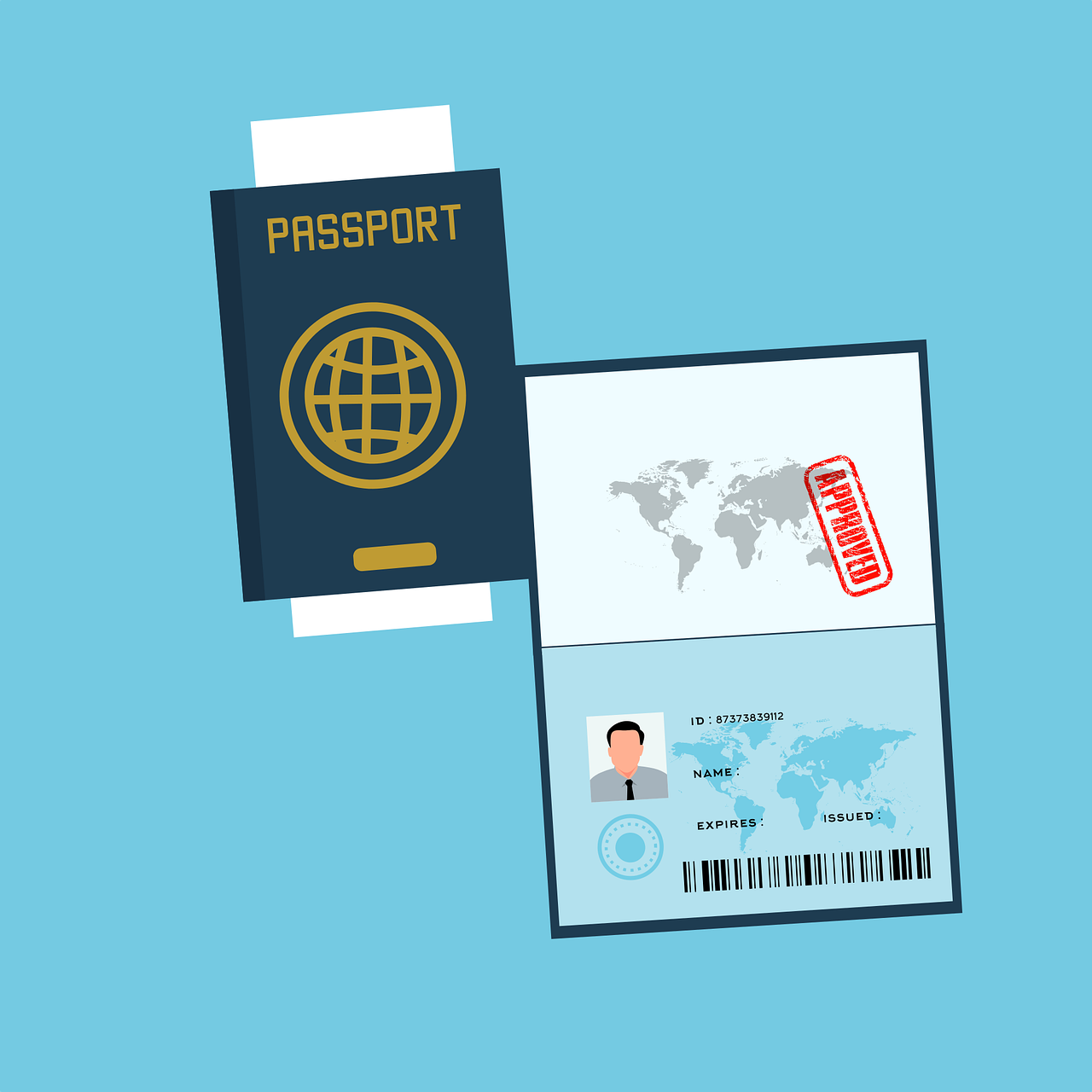 On December 2, 2025, USCIS issued a policy memorandum placing a hold on numerous immigration benefit requests and ordering the re-examination of previously approved cases.
On December 2, 2025, USCIS issued a policy memorandum placing a hold on numerous immigration benefit requests and ordering the re-examination of previously approved cases.
What the Memo Says: Key Provisions
- Pending benefit requests frozen for many nationals. USCIS is pausing processing of all pending immigration benefit requests if the applicant’s country of birth or citizenship is one of the 19 countries listed in the June 2025 travel ban.
- Affected Benefit Requests: The pause will affect pending Form I-485 (Application to Register Permanent Residence or Adjust Status), Form I-90 (Application to Replace Permanent Resident Card (Green Card)), Form N-470 (Application to Preserve Residence for Naturalization Purposes), Form I-751, (Petition to Remove Conditions on Residence), and Form I-131 (Application for Travel Documents, Parole Documents, and Arrival/Departure Records).
- Re-review of approved benefits. Immigration benefits (green cards, status adjustments, travel documents, etc.) already approved may now be subject to re-review if the beneficiary entered the U.S. on or after January 20, 2021.
- Asylum applications on pause — for everyone. All pending Forms I-589 (Asylum / Withholding of Removal applications) have been paused, regardless of nationality. The hold will remain in effect until lifted by the USCIS Director
- Extensive list of potentially affected benefits. The freeze could impact I-485 adjustment-of-status applications, green-card renewals, travel documents, removal of conditional residence, preservation of residence for naturalization, and more. Employer-sponsored petitions may also face delays or uncertainty.
In short: thousands of pending and even approved immigration benefit cases could now be delayed or re-evaluated. The USCIS policy memorandum states that in light of recent threats to the American people:
 Visa Lawyer Blog
Visa Lawyer Blog







